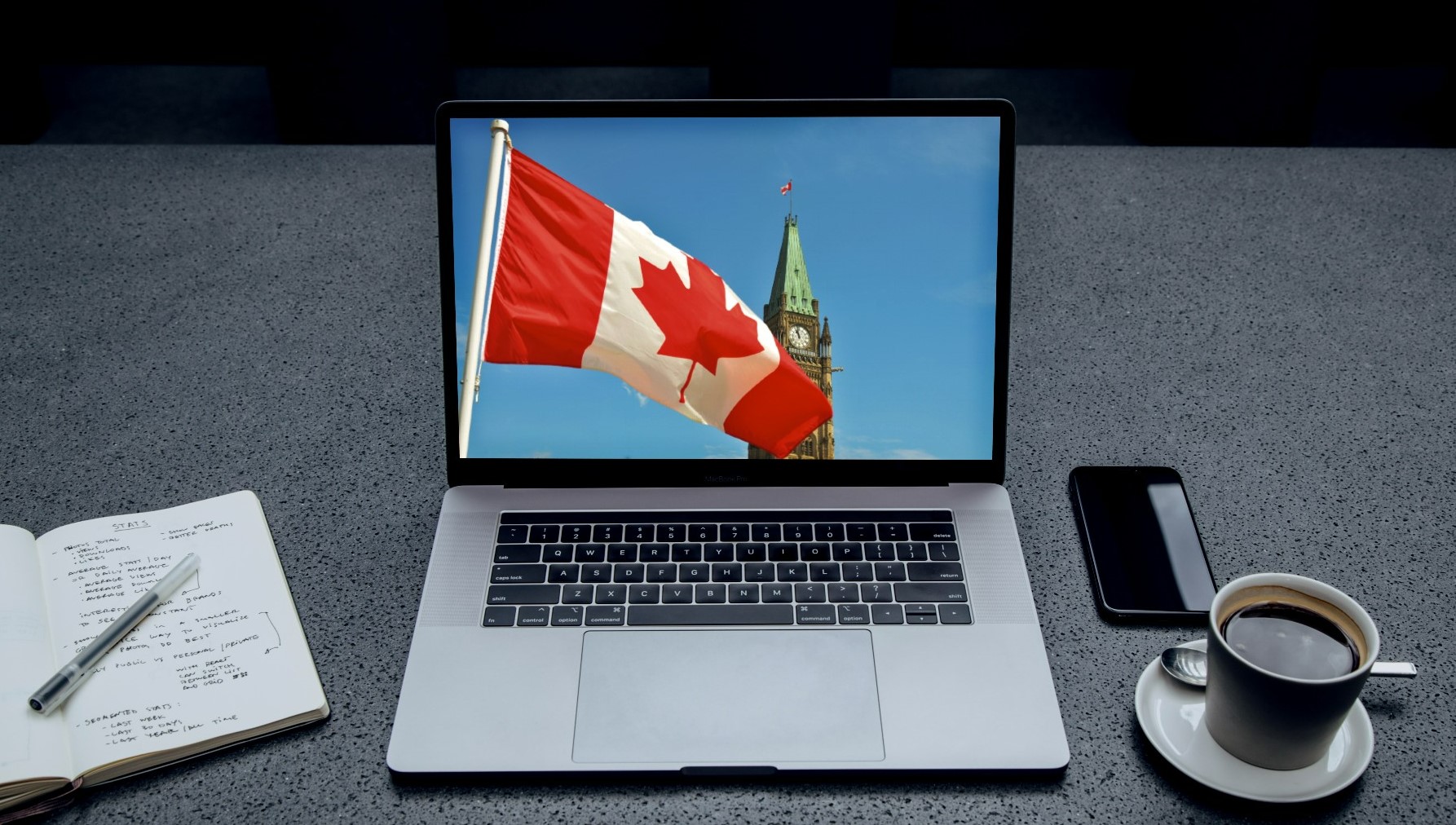The 44th federal election was held last week, with Liberal Party leader Justin Trudeau forming another minority government.
The federal election may have caused déjà vu for Canadians voters, with the $600-million election revealing very similar results as the previous. The liberal party collected 158 seats compared to the 157 seats held by the party after the 2019 election, missing the mark of the 170 seats needed to obtain a majority government.
Two members of York’s community ran as candidates for their respective ridings and spoke with Excalibur about their experiences in Canada’s shortest campaign period on record.
“The campaign was a long and challenging path filled with excitement and hard work,” says Eric Frydman, Green Party candidate for Eglington-Lawrence and JD/MBA at Osgoode Hall Law School and Schulich School of Business.
“However, it was worth the effort to have the opportunity to connect with people in my community, whether I was speaking for affordable housing, mental healthcare, or the investments we need to make towards a Green economy.”
Christina Love, Scarborough North New Democratic Party (NDP) candidate for the 2021 federal election, and third-year double major student in Indigenous Studies and French at York states that the dehumanizing experiences faced as an essential worker during the pandemic provoked their drive to run for office. “When the system doesn’t serve us, we need to force change,” she says.
Love goes on to say that this past election should serve as a wakeup call to students that the “government does not support us.”
“The shortest election in Canadian history unequivocally demonstrates that the status quo will continually perpetuate itself through ‘established channels’ and that it is crucial for us to organize our communities in order to get changes that we need to see,” Love says. She continues on to say that she believes a “national general strike and blockade of industry would do more for progressive causes compared to the last 154 years of settler colonial” politics.
The voter turnout rate dropped this year with just over 58 per cent of registered voters showing up to the polls. The Vote on Campus initiative was cancelled by Elections Canada following the pandemic and the uncertainty of a minority government, which initially caused concerns over potential student voter turnout.
While the voter turnout rates based on age for the 2021 election have yet to be disclosed by Elections Canada, Canadians aged 18 to 24 statistically have the lowest voter turnout rate for federal elections.
The discontinuing of a service that would provide students the ability to reach the poll, along with the shortest possible time allotted for a Canadian election, could have been a culprit of the low turnout rate.
Frydman now encourages students to insert themselves into the democratic process. “I recommend that anyone passionate about student issues gets involved in the political process, whether that means volunteering for a campaign, holding events to bring greater attention to issues or running in an election themselves.”
Love also encourages young people to become involved with politics, saying that “as a student, I see no future for us should nothing change.”




